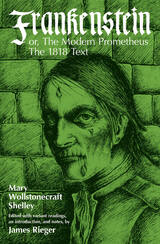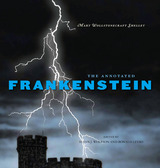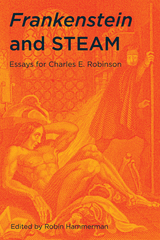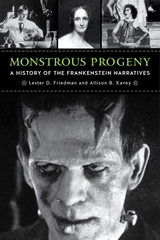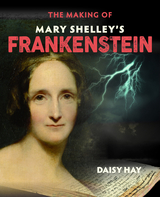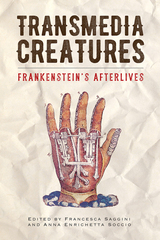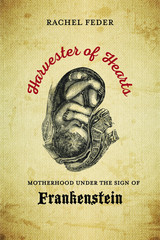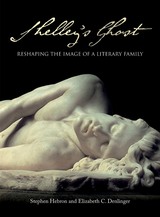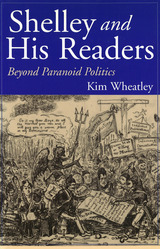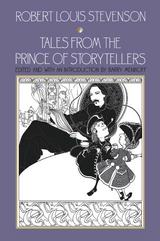Cloth: 978-0-674-80625-2
Library of Congress Classification PR5438.S65 1988
Dewey Decimal Classification 821.7
Shelley has long been viewed as a dreamer isolated from reality, a “beautiful and ineffectual angel,” in Arnold’s words. In contrast, Stuart Sperry’s book emphasizes the life forces originating in the poet’s childhood that impelled and shaped his career, and reasserts Shelley’s relevance to the social and cultural dilemmas of contemporary life.
Concentrating on the major narrative and dramatic poems and the patterns of development they reveal, Sperry reintegrates Shelley’s poetry with his life by showing how, following the traumatic events of his early years, the poet sought to preserve and extend those life impulses by creating a network of personal relationships that provided the inspiration and model for his poems. As the circumstances of his life and his relationships to others changed and as his thought evolved, he was led to reshape his major poems. Three chapters at the center of the book, devoted to Shelley’s visionary masterpiece Prometheus Unbound, provide the finest introduction so far to its conceptions and intent as well as a powerful vindication of the poet’s enduring idealism. In defining Shelley’s true originality, Sperry defends the poet against his harshest critics by suggesting that his vision of human potential may represent a vital resource against the competitive drives and self-destructive compulsions of our own day.
Sperry’s approach to the poetry through the formative events of Shelley’s early life provides an excellent biographical introduction. His reinterpretation of the major works and the career will appeal to first-time readers as well as to mature students of Shelley.
See other books on: 1792-1822 | Narrative | Narrative poetry, English | Shelley, Percy Bysshe | Verse drama, English
See other titles from Harvard University Press

